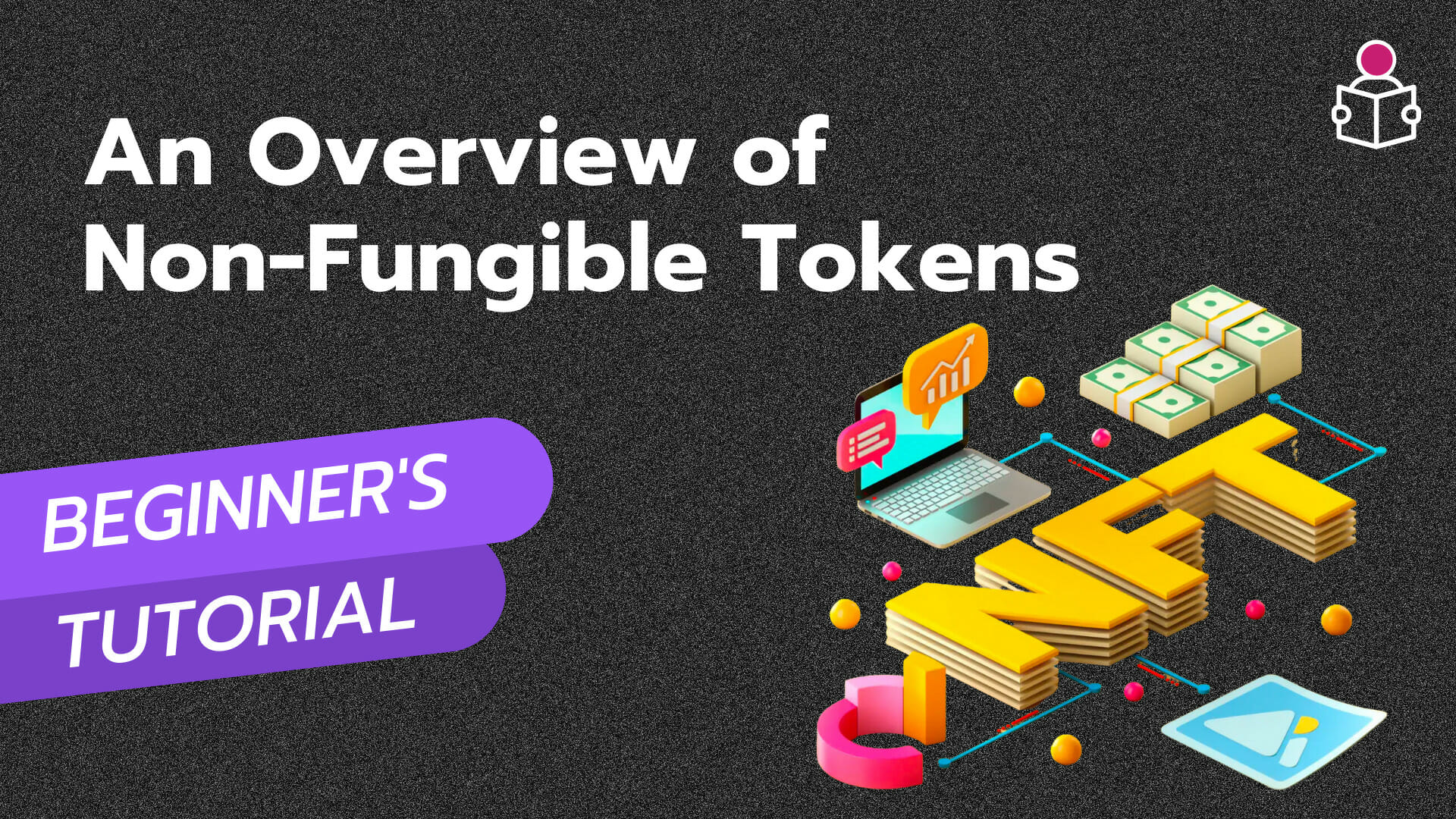In recent developments, India has imposed a ban on Crypto Exchange URL’s, including Binance, Kucoin, and OKX. This move comes as part of increased regulatory scrutiny and government directives aimed at regulating the cryptocurrency space.
As a direct result of this action, Indian users can no longer download or access these exchanges’ services, marking a significant shift in the country’s crypto landscape. However, the pre-existing users who have downloaded the app are still be able to access the services.
Why Ban on Crypto Exchange??
In the wake of this development, the Indian Government has reinforced its position of strict regulation of digital currencies. The delisting symbolizes the government’s efforts to scrutinize and control the unchecked proliferation of cryptocurrencies in the country ─ a stance that ties into global concerns about the potential misuse of these platforms for money laundering, tax evasion, and other illicit activities.
Timeline of Events
- December 28, 2023: India’s Financial Intelligence Unit (FIU) issues compliance ‘Show Cause’ notices to nine offshore crypto exchanges i.e. Binance, Kucoin, Gate IO, Bittrex, Kraken, Huobi, Mexc Global, Bitfinex, Bitstamp.
- December 28, 2023: FIU requests the Ministry of Electronics and Information Technology to block the URLs of these crypto exchanges.
- January 13, 2024: India officially blocks access to the web platforms of foreign cryptocurrency exchanges, leading to the banning of exchange URLs.
- January 15, 2024: Google removed various offshore exchanges, including Binance, KuCoin, Bitget, Huobi, OKX, Gate.io, and MEXC from the Play Store in India. Additionally, Apple also removed Exchange apps from its App Store.
Implications for Investors
The ban on crypto exchange URLs has raised concerns among investors and the crypto community. It has impacted the accessibility of these platforms, limiting trading options for Indian users. The move aligns with the government’s efforts to regulate the crypto sector and address potential risks associated with unregulated trading.
The impact of this move isn’t limited to the Google Play Store. Authorities have also delisted several crypto-related applications from the App Store, further restricting how users in India interact with digital currencies.
Actions taken by FIU
The Financial Intelligence Unit (FIU), operating under the Indian Finance Ministry, has taken significant action against offshore crypto exchanges. Issuing show cause notices to nine platforms, including major players like Binance and Kucoin, the FIU has urged the Ministry of Electronics and Information Technology (MeitY) to block their URLs in India. This stringent measure stems from allegations of non-compliance with Indian anti-money laundering laws, indicating that these exchanges, as per the FIU notice, have been operating illegally within the country. The affected exchanges, namely Binance, Kucoin, Huobi, Kraken, Gate.io, Bittrex, Bitstamp, MEXC Global, and Bitfenex, are now under scrutiny.
The FIU’s compliance action is rooted in Section 13 of the Prevention of Money Laundering Act, 2002 (PMLA). The show cause notice emphasizes the obligation for offshore Virtual Digital Assets Service Providers (VDA SPs) to register as ‘Reporting Entities’ with FIU India. These entities, regardless of their operational location, must comply with PMLA requirements, covering activities like virtual digital asset-to-fiat currency exchanges, transfers, safekeeping, administration, and control over virtual digital assets. This move reinforces regulatory efforts to enhance transparency and combat illicit financial activities within the rapidly evolving cryptocurrency landscape.
Reassurances from Exchanges
In response to these actions, Binance has reassured Indian users of the safety of their accounts, emphasizing its commitment to security. However, the ban on URLs has undoubtedly disrupted the normal functioning of these exchanges in the Indian market.
Conclusion
India’s decision to ban crypto exchange URLs represents a significant step in the regulatory landscape for cryptocurrencies. The impact on investors and exchanges highlights the challenges faced by the crypto industry in achieving widespread acceptance and regulatory clarity.
Seemed India’s Government targeted only the “New Users” and prevent them to install the Exchange applications from an authorised market place.
The regulatory action aims to curb illegal activities related to cryptocurrencies and protect investors. Investors are advised to stay updated on regulatory developments and consider shifting to domestic exchanges. This ban has sparked a surge in activity on domestic crypto platforms
Frequently Asked Questions (FAQ’s)
Q. Why are offshore crypto exchanges facing compliance show cause notices in India?
The Indian government issued notices under the Prevention of Money Laundering Act to nine offshore crypto exchanges, including Binance and KuCoin, citing non-compliance.
Q. What prompted India’s crackdown on overseas crypto exchanges?
India intensified its crackdown on overseas exchanges like Binance, alleging illegal operations and initiating measures to block local access to their websites.
Q. Which exchanges are affected by the government’s notices?
The nine exchanges served with compliance notices are Binance, KuCoin, Huobi, Kraken, Gate.io, Bittrex, Bitstamp, MEXC Global and Bitfinex.
Q. How did Indian users engage with offshore exchanges, and why is it significant?
Millions of Indian users transacted with offshore exchanges to evade taxes, impacting both users and service providers.
Q. Is cryptocurrency legal in India amidst these developments?
The legality of cryptocurrency in India remains complex, with ongoing discussions between the government and the central bank.










